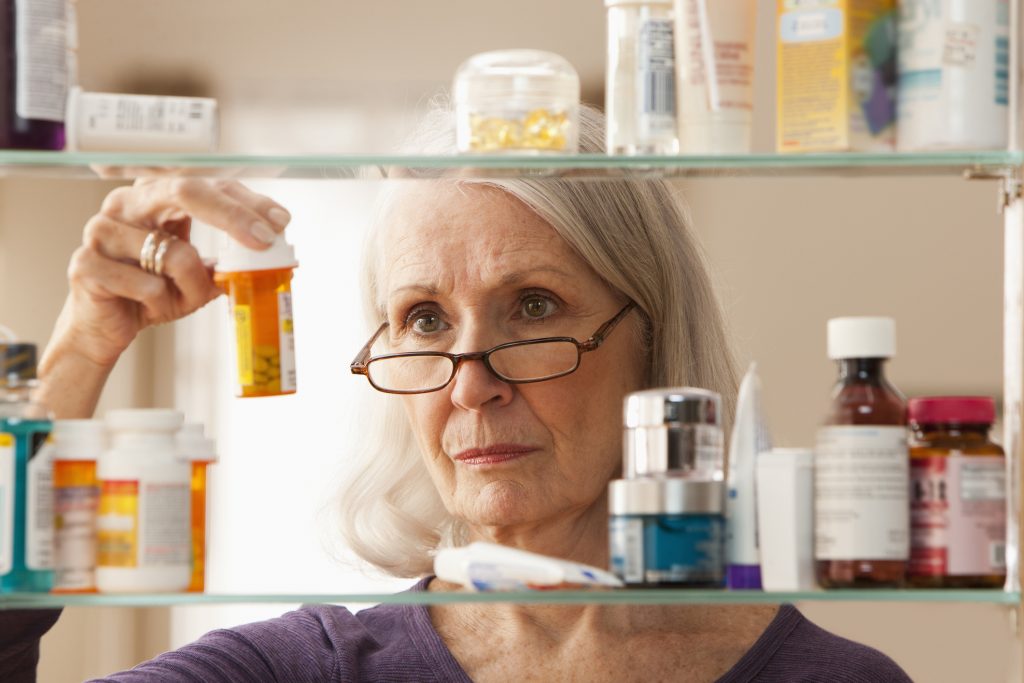Managing Medications Helps Avoid a Trip Back to the Hospital
Published: July 7, 2020
Taking our medications correctly plays a big part in successful recovery from health events and surgery. It also helps us manage chronic health conditions, such as diabetes, arthritis, and hypertension. The medicines we take can vastly improve our quality of life.
Two recent studies out of the U.K. confirm this. The first, from the University of Bradford in West Yorkshire, found that medication challenges are common during hospitalization. “Changes to medicine regimens can cause confusion or misunderstandings, potentially leading patients to overdose, underdose, or fail to take important medication at all. This can result in serious harm, readmission to hospital, and in some cases can be fatal,” reported the team. They also found that help with managing medications could lead to a better outcome. “Support that bridged the transition between hospital and home was more effective than support that was only delivered either at the hospital or at home,” they added.
A second study, this one from Aston University in Birmingham, U.K., noted that the situation for people with chronic health conditions is especially challenging these days. With the impact of COVID-19, patients may be afraid to fill their prescriptions or visit their doctors and pharmacists if they have questions. The situation is especially difficult for older patients reports study author Dr. Ian Maidment. “The reality is that many older people are taking what amounts to a ‘shopping list’ of different medicines. They may all be necessary, but older people and their family carers have told us what a huge burden it can be to remember how and when to take them all. And that was in ordinary times without the added pressures of lockdown.”
Here are six tips for managing the medications you take:
Ask your doctor or pharmacist to review your medications. Many overdoses or negative interactions happen when doctors inadvertently prescribe medicines that have the same effect or might have dangerous side effects. Today, there’s an emphasis on “deprescribing” unneeded prescription drugs. Perhaps a doctor prescribed a drug for you in the past, and you’re still taking it even if you no longer need it. Maybe another doctor prescribed a second drug that can interact badly with the first one. Keep a record of the medicines you take to show your doctor or pharmacist or bring in your pill bottles.
Tell your doctor about nonprescription drugs and supplements you take. University of Minnesota researchers report that many seniors fail to tell their doctor that they are taking supplements — doctors don’t ask, and patients don’t tell, perhaps fearing disapproval. Be sure those medications are on the list you share. Some can interact with other medicines or might have negative side effects on their own.
Take medications as prescribed. Take the correct amount, at the recommended time, and in the way your doctor suggests (such as with water, with food, at bedtime, avoiding alcohol, etc.). Don’t skip a dose—but know what you should do if you accidentally forget a dose. Never cut pills in half unless your doctor recommends it. And if you’re not sure about something, ask your doctor. For example, if you’re instructed to take medicine “four times per day,” does this mean you need to take a dose in the middle of the night?
Devise a system for keeping track of medications. It can be quite a challenge to juggle more than one or two prescriptions! Visual impairment or memory problems add to the challenge. Look into charts, pillboxes, calendars, pill dispensers with an alarm, premeasured doses, or even apps for your smartwatch to remind you that you need to take a medication—or that you already did.
Be alert for side effects. When you start taking a new drug, ask your doctor and pharmacist about possible side effects, such as dizziness, drowsiness, headache, nausea or a rash. Find out what you should do if side effects occur. Retain any literature that came in the drug packaging or from the pharmacy. (Ask your pharmacist to supply large-print information if you have trouble reading the labels on pill bottles.)
Clean out your medicine chest periodically. Drugs that are past their “discard by” date could be ineffective or even dangerous to take. Prescription drugs we no longer need could fall into the hands of people who shouldn’t have access to them. And if we’re taking multiple medications, it’s easy to get confused when there’s a jumble of bottles in the cabinet! Ask your pharmacist about the safe, recommended way to dispose of these unwanted drugs.
The information in this article is not meant to replace the advice of your healthcare provider. Talk to your doctor or pharmacist about the drugs you take, and before beginning or stopping any prescription or nonprescription drug.


